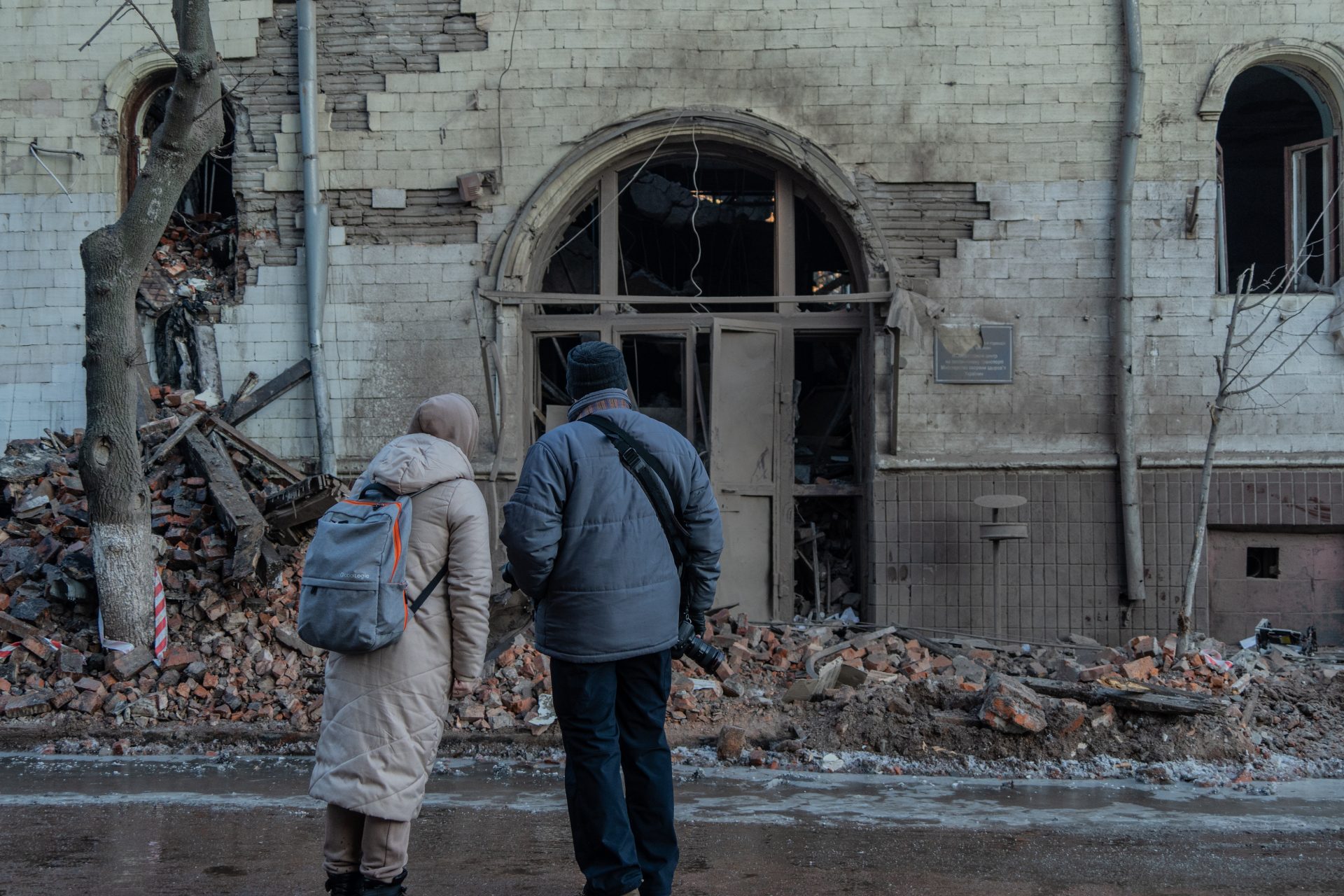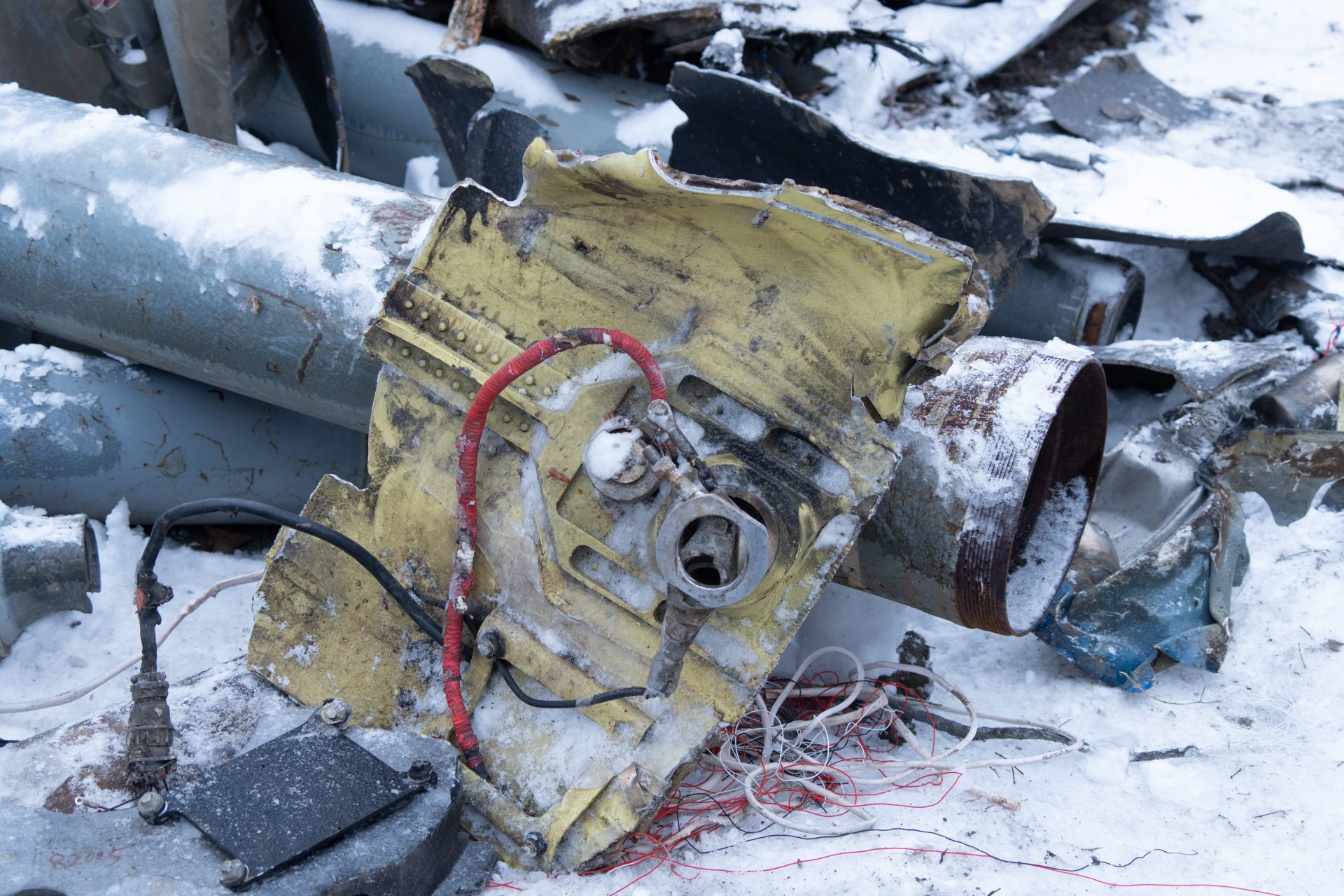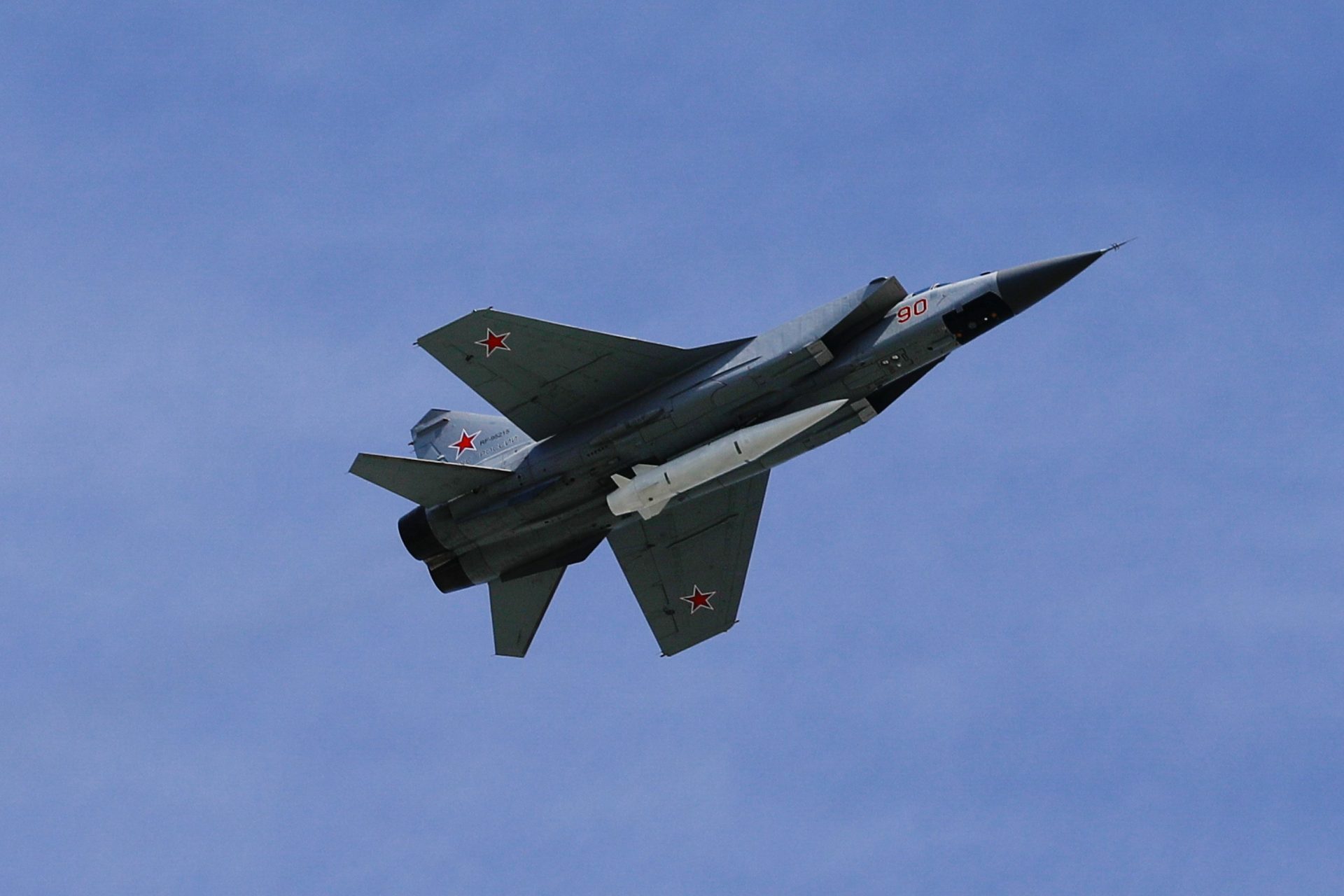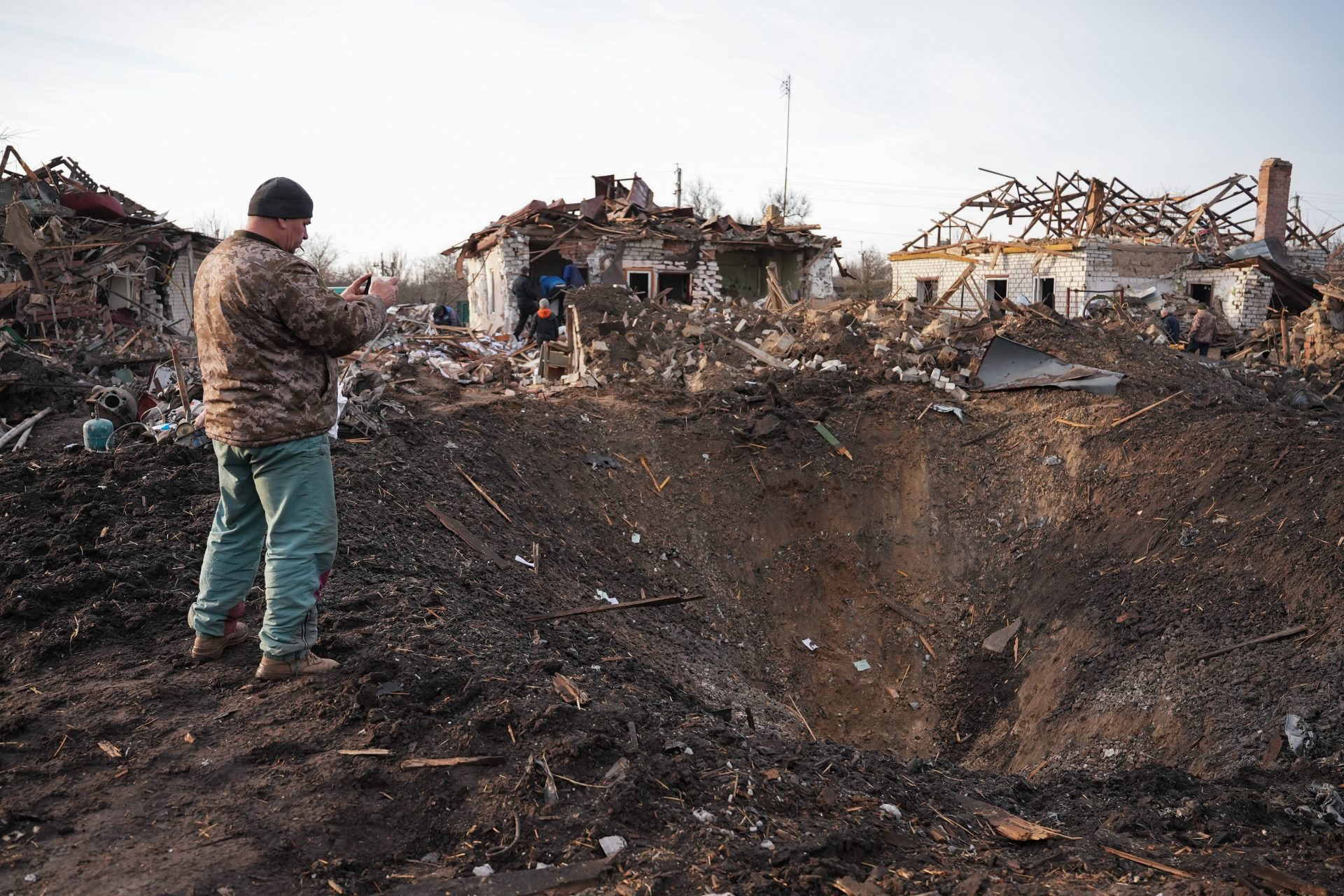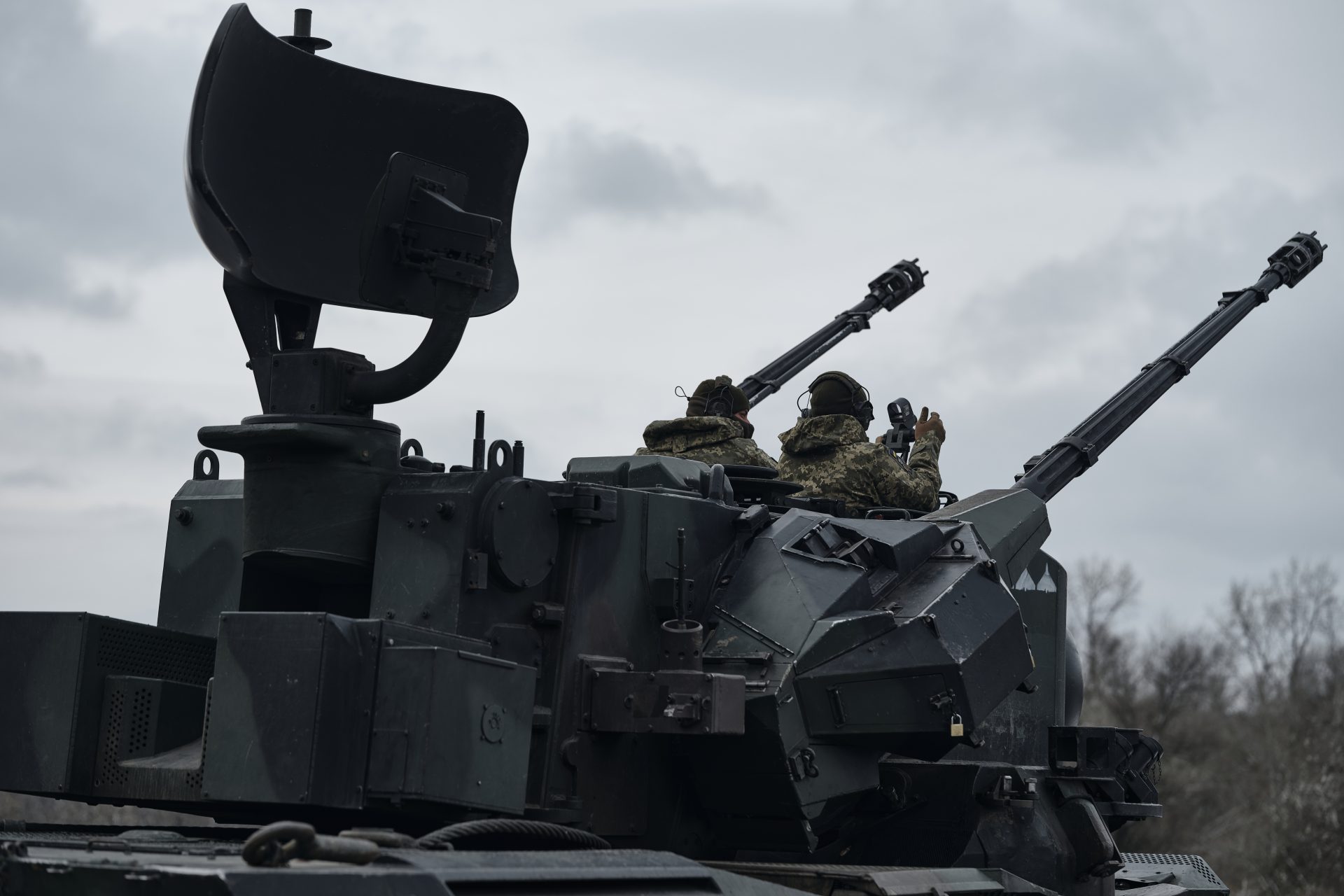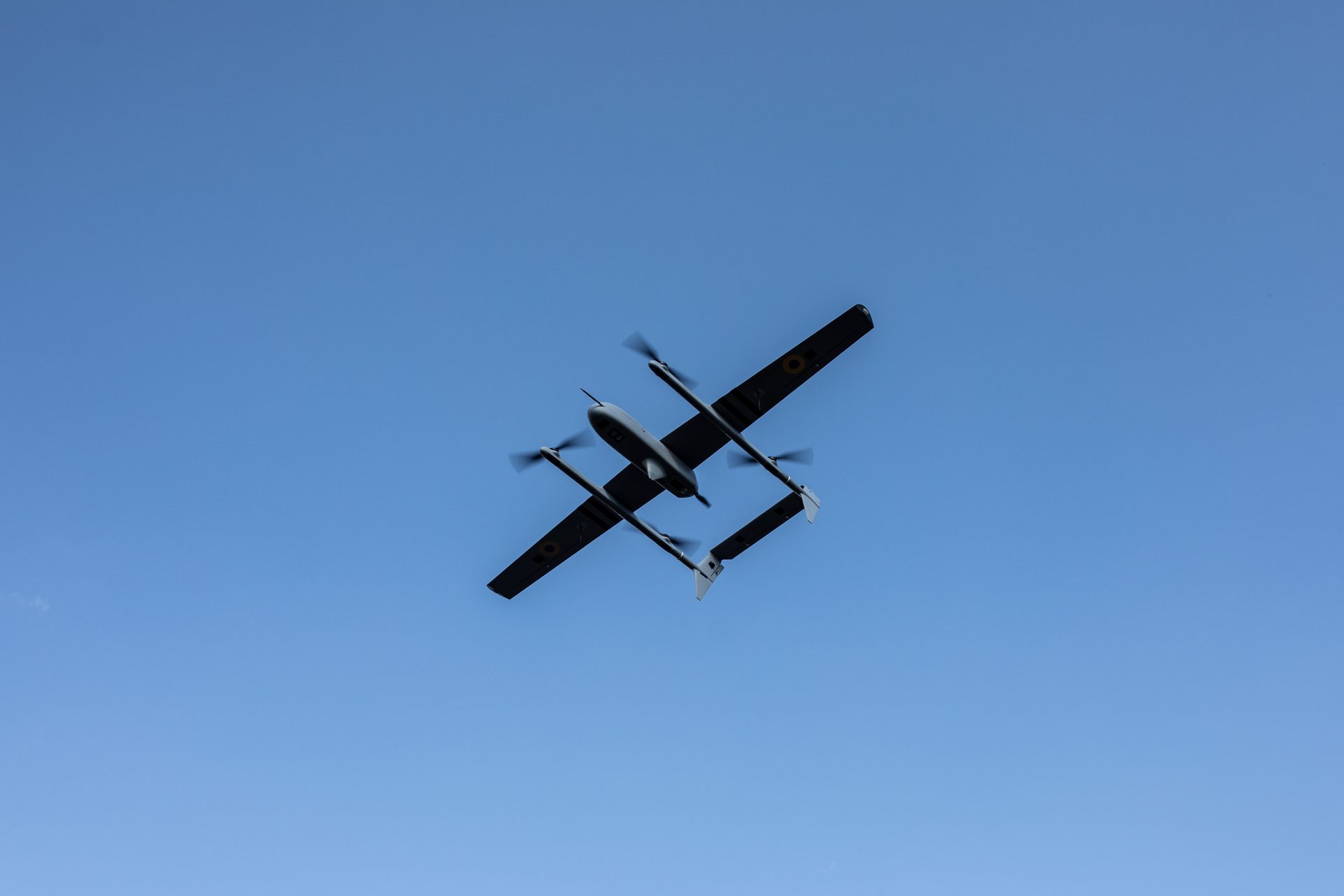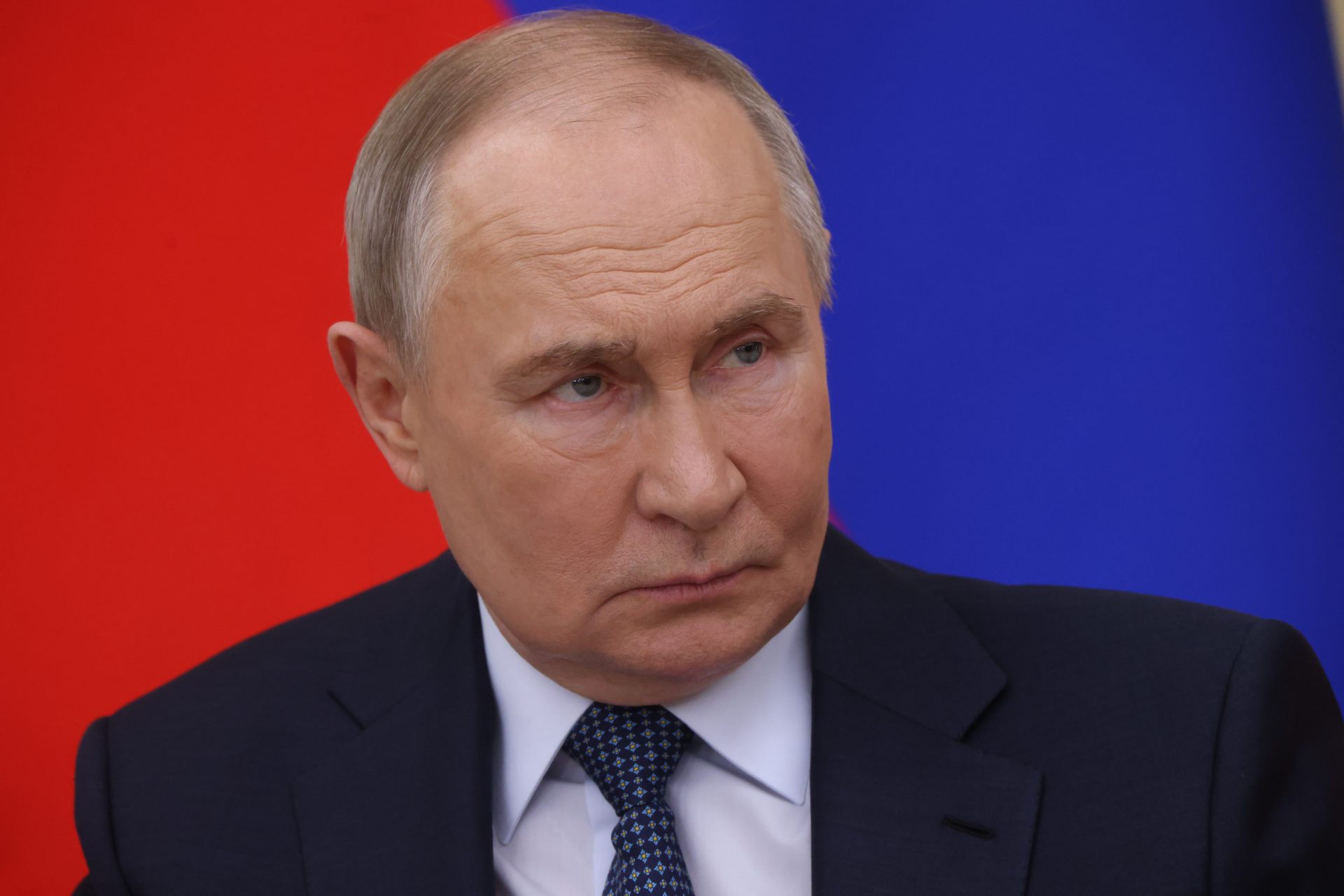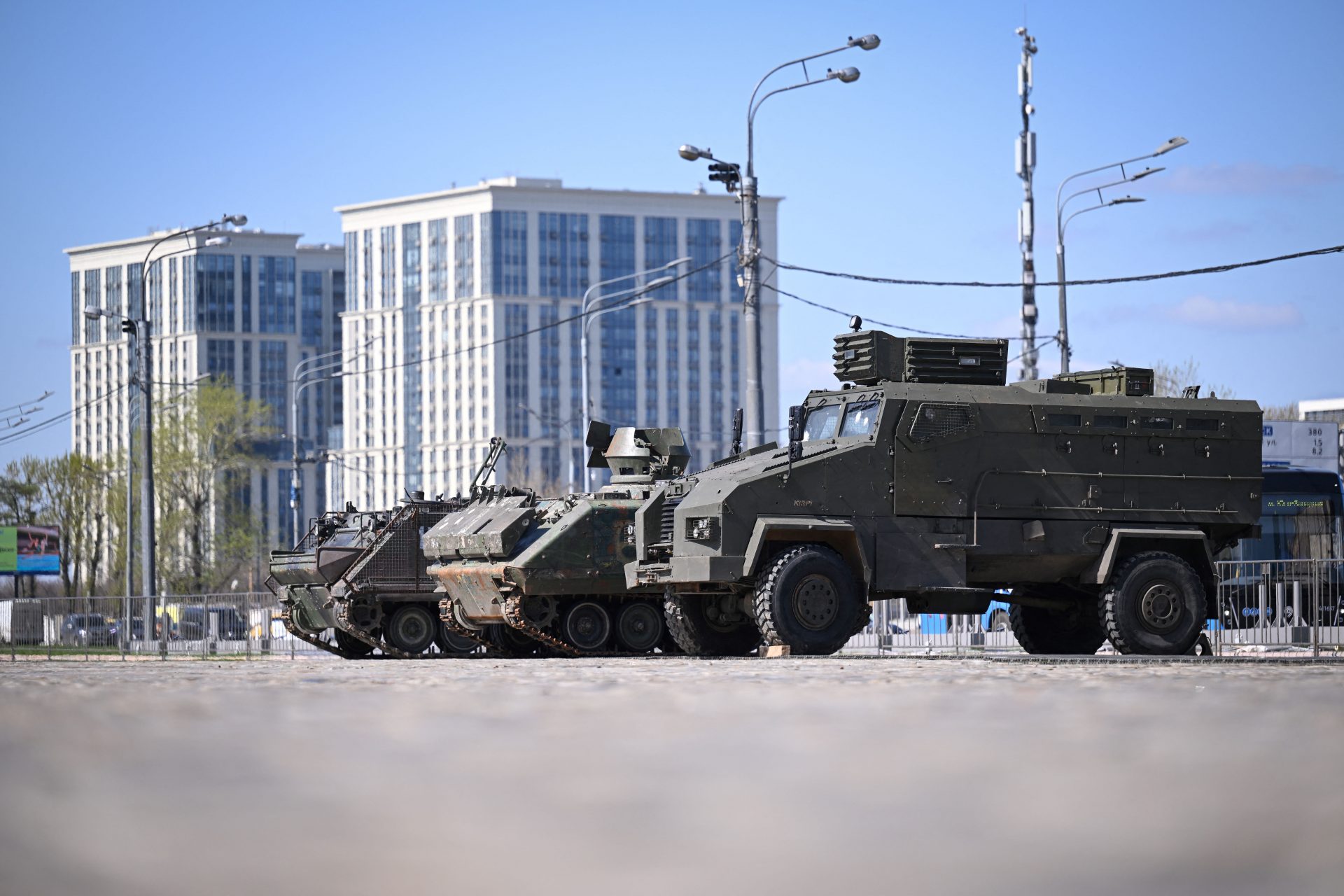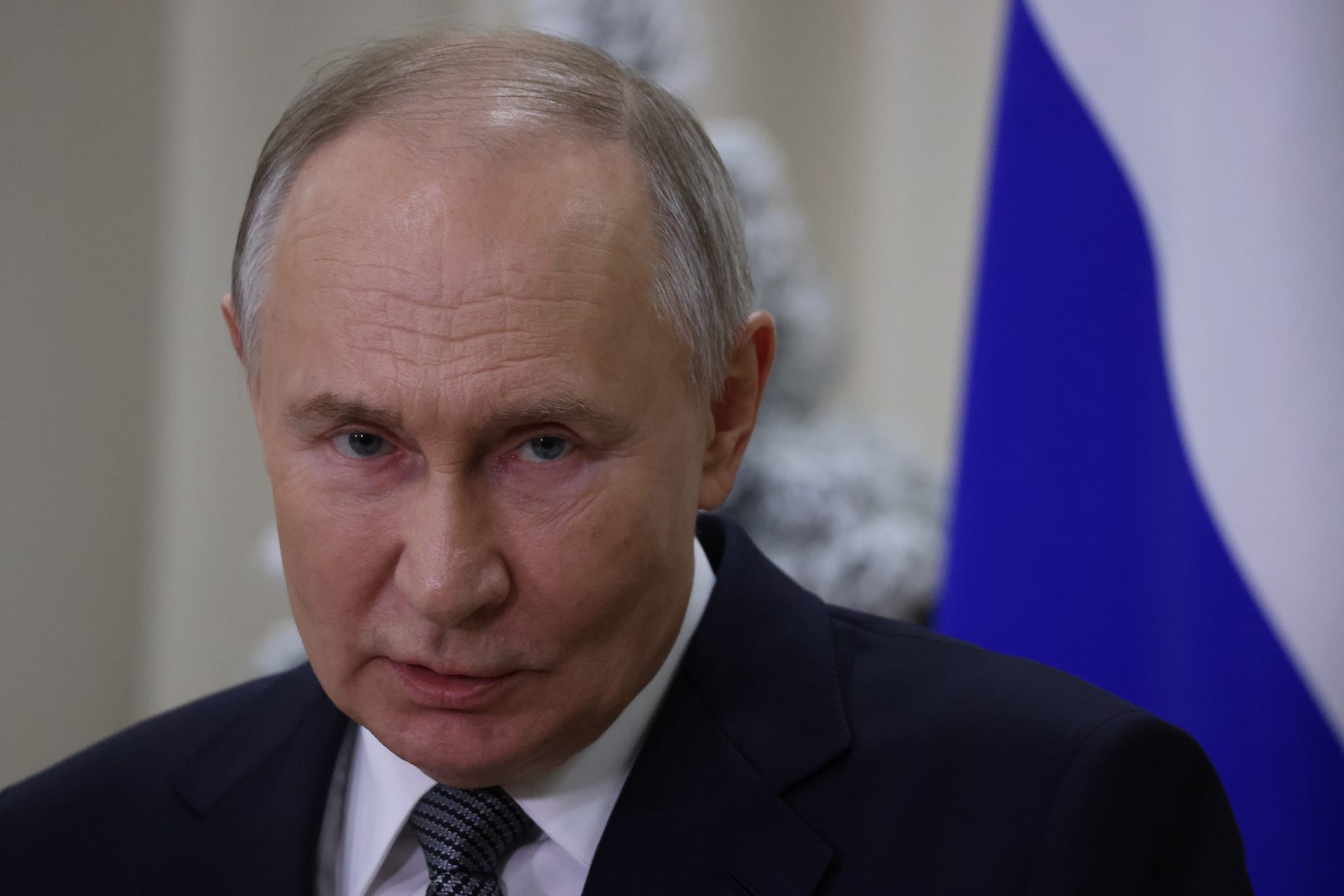Ukraine has reached a turning point with its electronic warfare capabilities
On January 13th, Russia launched a barrage of missiles and drones against Ukraine similar to three earlier aerial attacks that had taken place since December 29th. However, on the 13th strike wasn’t effective for a very interesting reason.
The Russian attack included 40 targets composed of cruise, ballistic, air-launched, and anti-aircraft missiles as well as three drones according to figures from Ukraine's Air Force. But most of the missiles never made it to their intended targets thanks to Ukrainian electronic warfare.
Eight of the missiles launched were destroyed by air defenses according to a statement from the Ukrainian Air Force and twenty more didn’t reach their intended targets because of the electronic countermeasures used by the Ukrainians.
"More than 20 of the listed air attack means that were not included in the statistics of those shot down did not reach their targets due to active countermeasures by electronic warfare,” the Air Force wrote on Telegram according to Ukrainska Pravda.
“Russia's missiles that ‘have no analogues in the world’ are getting worse and worse and are flying to God knows where,” the statement continued. “However, this does not mean that they do not pose a threat, quite the contrary!”
The Ukrainian Air Force advised that all citizens should take cover when they hear air raid sirens and their warnings make sense since even fragments of destroyed missiles caused a large amount of damage to civilian buildings.
Air defenses shot down missiles in at least five regions according to Reuters, in the city of Chernihiv, fragments from a downed missile damaged several homes and destroyed at least one non-residential building.
While the attack was concerning, it also offered a glimmer of hope since it appeared as if the Ukrainians had made advancements in their electronic warfare methods, enough so that the most recent Russian assault might have indicated a turning point in the air war.
According to the Institute for the Study of War’s analysis of the January 13th attack, Ukrainian countermeasures by means of electronic warfare could represent an "inflection point" in Ukraine's capabilities based on the result of what happened.
Ukraine’s electronic warfare capabilities have been credited with disabling drones rather than missiles so the downing of twenty during an attack as a result of electronic warfare represents a big step forward from what Ukraine could do.
Previous assessments from ISW noted that Russia’s strikes against Ukraine and Kyiv’s adaptation to Russian strike packages have been at the center of a wider technological and tactical race between the two embattled countries.
Russia has been searching for ways to make their strikes more effective while Ukraine has been working at developing the air-defense capabilities needed to protect itself. It's a race that Ukraine may be winning according to ISW.
Ukrainian Air force spokesperson Yurii Ihnat noted the January 13th missile strike was similar in nature to the attack launched on January 8th, a statement that analysts at the ISW suggested Ukraine’s capabilities are increasing.
“Ukrainian forces may be able to discern patterns in recurring Russian strike packages and innovate and adapt accordingly,” ISW wrote. However, Kyiv’s new capabilities likely won’t stop Russia from trying to find new ways to attack Ukraine.
On January 17th, Business Insiders’ Sinéad Baker reported that Russia may be shifting its missile strategy away from critical infrastructure and counter-population targeting to a strategy aimed at destroying weapons industries and logistic hubs.
“That tactic comes at a bad time for Ukraine, as it ramps up its own production of weapons and ammunition as the future of supplies from allies appears to be in doubt, and as it looks to have the sort of capabilities that allies say they will not provide,” Baker wrote.
More for you
Top Stories




